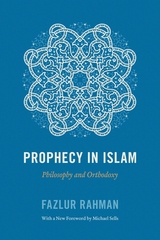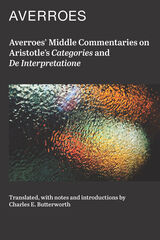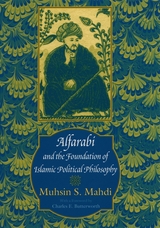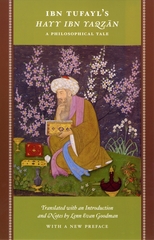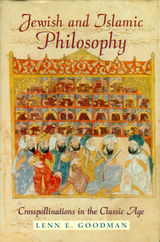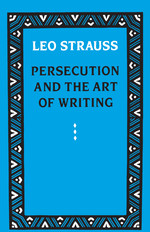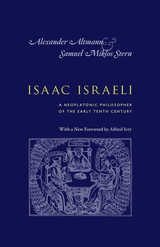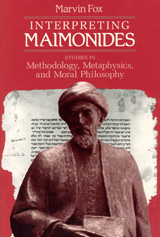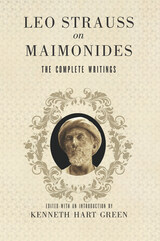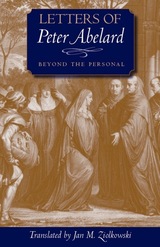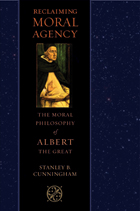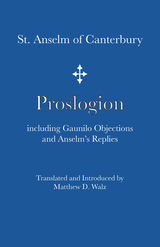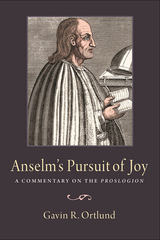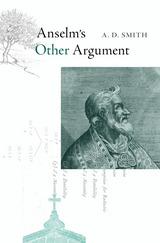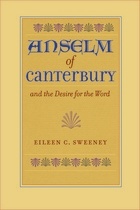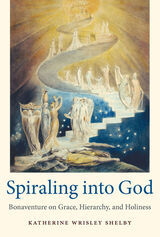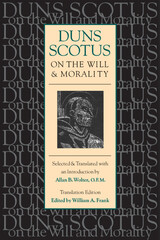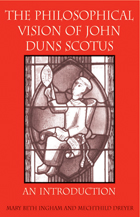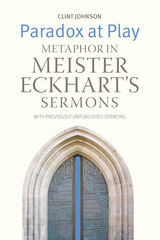Maimonides' Ethics: The Encounter of Philosophic and Religious Morality
University of Chicago Press, 1991
Cloth: 978-0-226-89152-1
Library of Congress Classification B759.M34W45 1991
Dewey Decimal Classification 296.385092
Cloth: 978-0-226-89152-1
Library of Congress Classification B759.M34W45 1991
Dewey Decimal Classification 296.385092
ABOUT THIS BOOK | AUTHOR BIOGRAPHY | TOC
ABOUT THIS BOOK
In this book Raymond L. Weiss examines how a seminal Jewish thinker negotiates the philosophical conflict between Athens and Jerusalem in the crucial area of ethics. Maimonides, a master of both the classical and the biblical-rabbinic traditions, reconciled their differing views of morality primarily in the context of Jewish jurisprudence. Taking into consideration the entire corpus of Maimonides' writings, Weiss focuses on the ethical sections of the Commentary on the Mishnah and the Mishneh Torah, but also discusses the Guide of the Perplexed, the letters of Maimonides, and his medical works.
The gulf between classical philosophy and the Torah made the task of Maimonides extraordinarily difficult. Weiss shows that Maimonides subtly preserves the tension between those traditions while producing a practical accommodation between them. To explain how Maimonides was able to accomplish this twofold goal, Weiss takes seriously the multilevel character of Maimonides' works. Weiss interprets Maimonides as a heterodox thinker who, with utter integrity, faces the Law's encounter with philosophy and gives both the Torah and philosophy their due.
The gulf between classical philosophy and the Torah made the task of Maimonides extraordinarily difficult. Weiss shows that Maimonides subtly preserves the tension between those traditions while producing a practical accommodation between them. To explain how Maimonides was able to accomplish this twofold goal, Weiss takes seriously the multilevel character of Maimonides' works. Weiss interprets Maimonides as a heterodox thinker who, with utter integrity, faces the Law's encounter with philosophy and gives both the Torah and philosophy their due.
See other books on: 1135-1204 | Encounter | Jewish ethics | Maimonides, Moses | Philosophic
See other titles from University of Chicago Press

